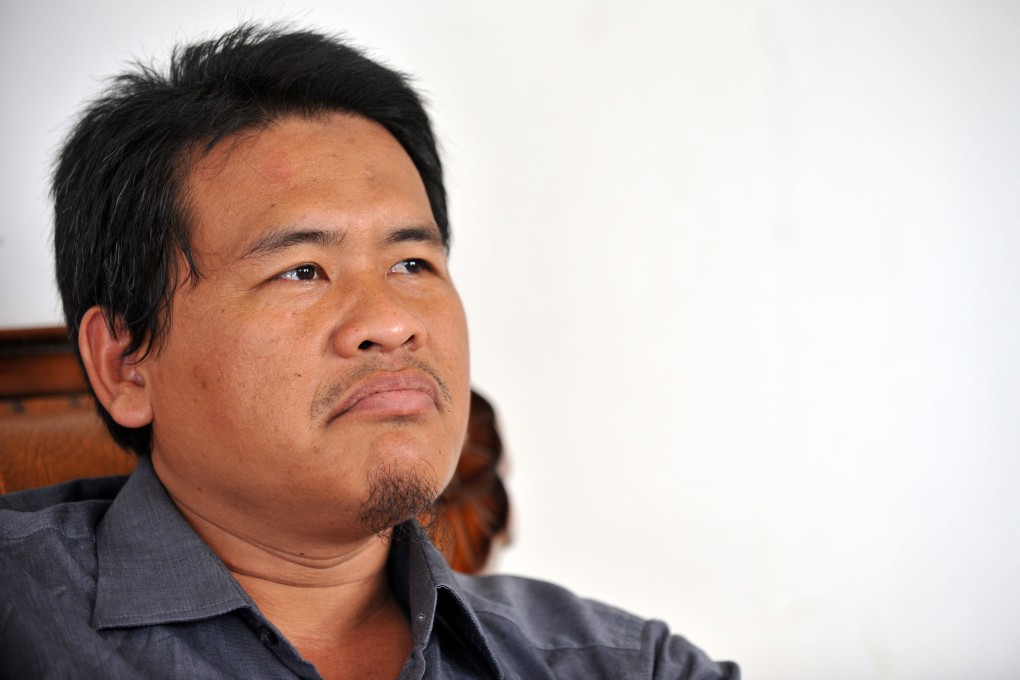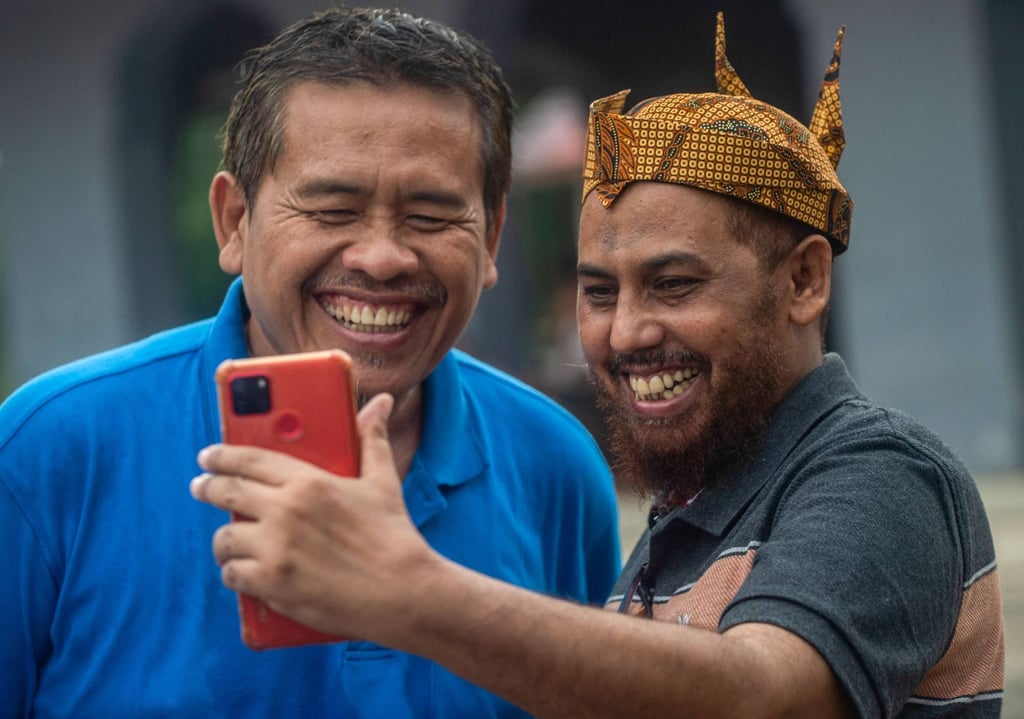Reformed Indonesian terrorist goes from learning bomb-making to earning PhD
- Ali Fauzi, a former Indonesian terrorist, said a ‘turning point’ came after he joined a police-designed deradicalisation programme in prison
- Critics claim Fauzi’s story is the exception and most former terrorists fall through the cracks as they do not receive proper support on the outside

On February 21, Ali Fauzi crossed the stage at Universitas Muhammadiyah Malang in East Java to receive his doctoral degree in Islamic education. It was a walk that marked the end of a long journey towards deradicalisation for the former Indonesian terrorist, and a moment Fauzi himself never thought would happen.
“It was more difficult than making bombs,” said Fauzi, who was jailed for three years on terrorism charges in 2004. “I had to make revisions to my thesis several times, and at one point, I wanted to give up completely. Bomb-making was much easier.”

Fauzi said two factors helped him change his ways. First, he joined a deradicalisation programme designed by the Indonesian police in prison, which he described as a “turning point” in his life. He also said he had to undergo self-exploration to examine his thoughts and feelings to understand his radicalisation.
“I had to look inside myself and interrogate the things that my friends and I had done,” he said. “I’d followed an ideology that said it was OK to shoot police and set off bombs, and that it was permissible to attack the Indonesian state. I had to look at all of it again.”